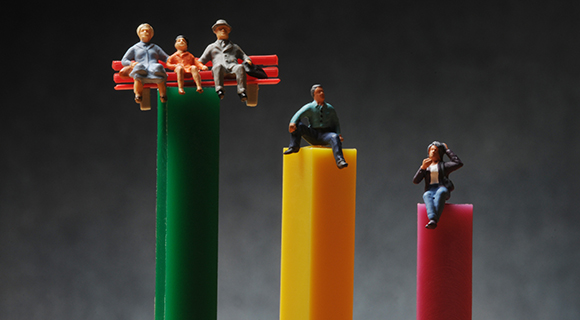As lawyers, we’re often asked the legal age for a variety of things such as agreeing to medical treatment, making a will and so on. We thought it would be useful to pull together some of this information as a guide for the required ages in these situations.
The younger years
At the age of five, you can be enrolled in a state school, although, under a recent law change, a child can start school at the beginning of the term closest to their fifth birthday, if their school has a ‘cohort entry’ policy. Youngsters don’t actually have to start school until they’re six years old.
At just 10, you can be charged with murder or manslaughter and, at 12 years old, you can be charged with a number of other serious criminal offences.
Teen times
When you’re 14 years old, you can be left at home alone. You can also babysit a child, as long as you’re capable of providing reasonable supervision and care. You can now also be prosecuted for any criminal offence.
When you turn 15, you can wave goodbye to school, but you will need approval from the Ministry of Education.
On reaching your 16th birthday, you can sit a driving test and get your learner driver licence. Generally, you can leave home without your parents’ agreement (unless there are serious concerns about your welfare). You can agree to, or refuse, medical treatment.
At 16, you can get married or enter into a civil union for which you will need your parents’ consent – even though you don’t have to live in the same house as them. Once you marry, however, your parents will no longer be your guardians.
You can leave school of your own volition at 16, and you’re also eligible to work full-time. You can legally consent to have sex, apply for an adult passport, fly a plane solo, apply for a firearms licence and you’re eligible for various state benefits. Your parents cannot change your name, unless you agree to it.
There’s more . . .
When you’re 17 years old, you can join the armed forces if you have your parents’ consent. You can apply to join the New Zealand Police, but you can’t start training at Police College until you’re 18.
In the criminal court system, after you turn 17 you will be treated as an adult and must appear in the District Court or High Court; you no longer appear in the Youth Court.
Your 18th birthday signals the end of your parents (or legal guardians) having any legal responsibility for you. You can make a will; although in some circumstances younger people can do this. You can get married or enter into a civil union without your parents’ consent. You can go off to the bank to apply for your own account, credit card and a loan. (You may have a bank account when you’re under 18 years old, but it must be in the joint name of a parent or guardian.) You can be called upon to do jury service. You may place bets at the TAB or racecourse, buy Instant Kiwi tickets, vote in national and local body elections and you may stand as a political candidate. You can legally buy alcohol, cigarettes, tobacco or fireworks and can change your name, all without needing anyone’s agreement.
That’s not everything
At the age of 19, if you’re adopted, you can place a veto that will last a decade on information about you so that your birth parents cannot contact you; this veto can later be removed or renewed.
After you turn 20, your birth parents can ask Oranga Tamariki (Ministry for Children) for information about you. If you don’t want them to do that you must apply for a veto; you need to write to the Registrar of Births, Deaths and Marriages saying that you don’t want information to be released that could identify you. In the letter, you must say if you’d like counselling about your choice.
By the time you’re 20 years old, you have the vast majority of adult rights and responsibilities. If you’re adopted, you can apply to the Registrar of Births, Deaths and Marriages to obtain a copy of your birth certificate to find out the names of your birth parents. You can apply to adopt a child who is related to you. You can gamble or work in a casino, and you may drive with a small amount of alcohol in your system.
When you are 25, you can apply to adopt a child who is not related to you, as long as that child is at least 20 years younger than you.
There are, however, a number of things you can do with no minimum age. You can buy contraceptives, own land, purchase a lotto ticket, obtain a passport, have a tattoo and join a trade union.
We hope this helps with some age-related queries, and that the answers haven’t come as too much of a shock – particularly to parents! Please contact us if you have any questions we haven’t answered here.




